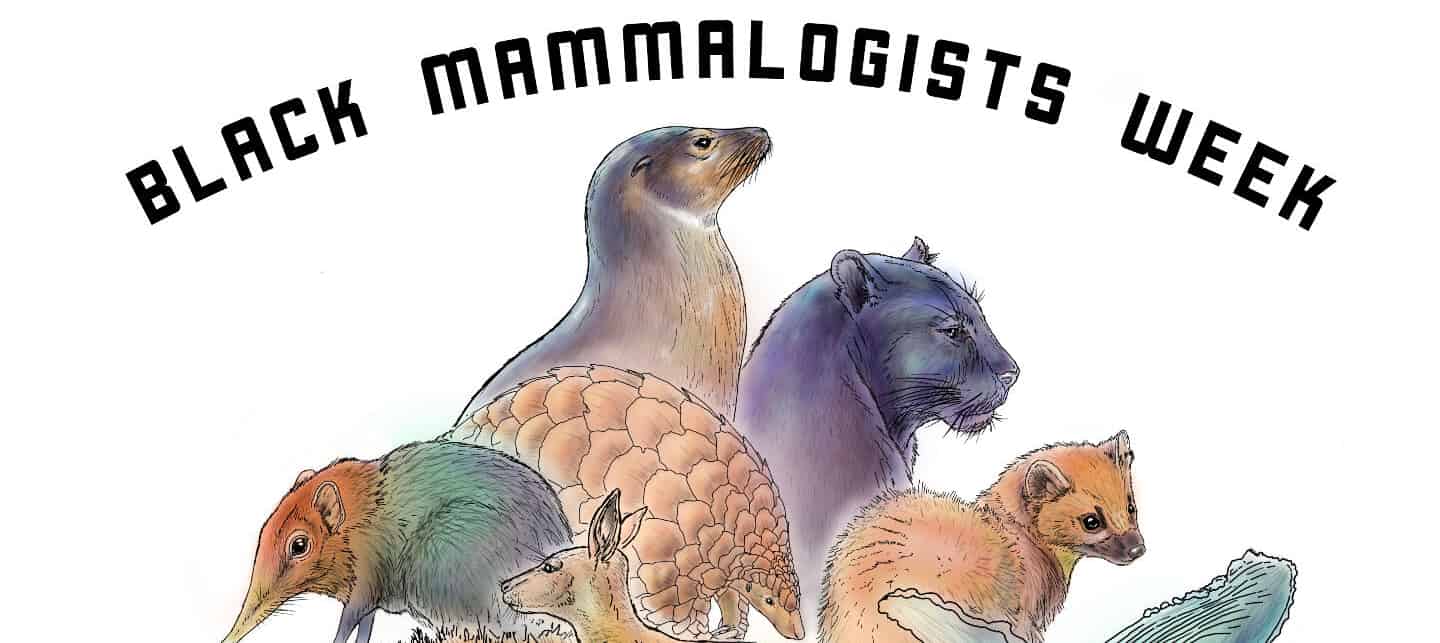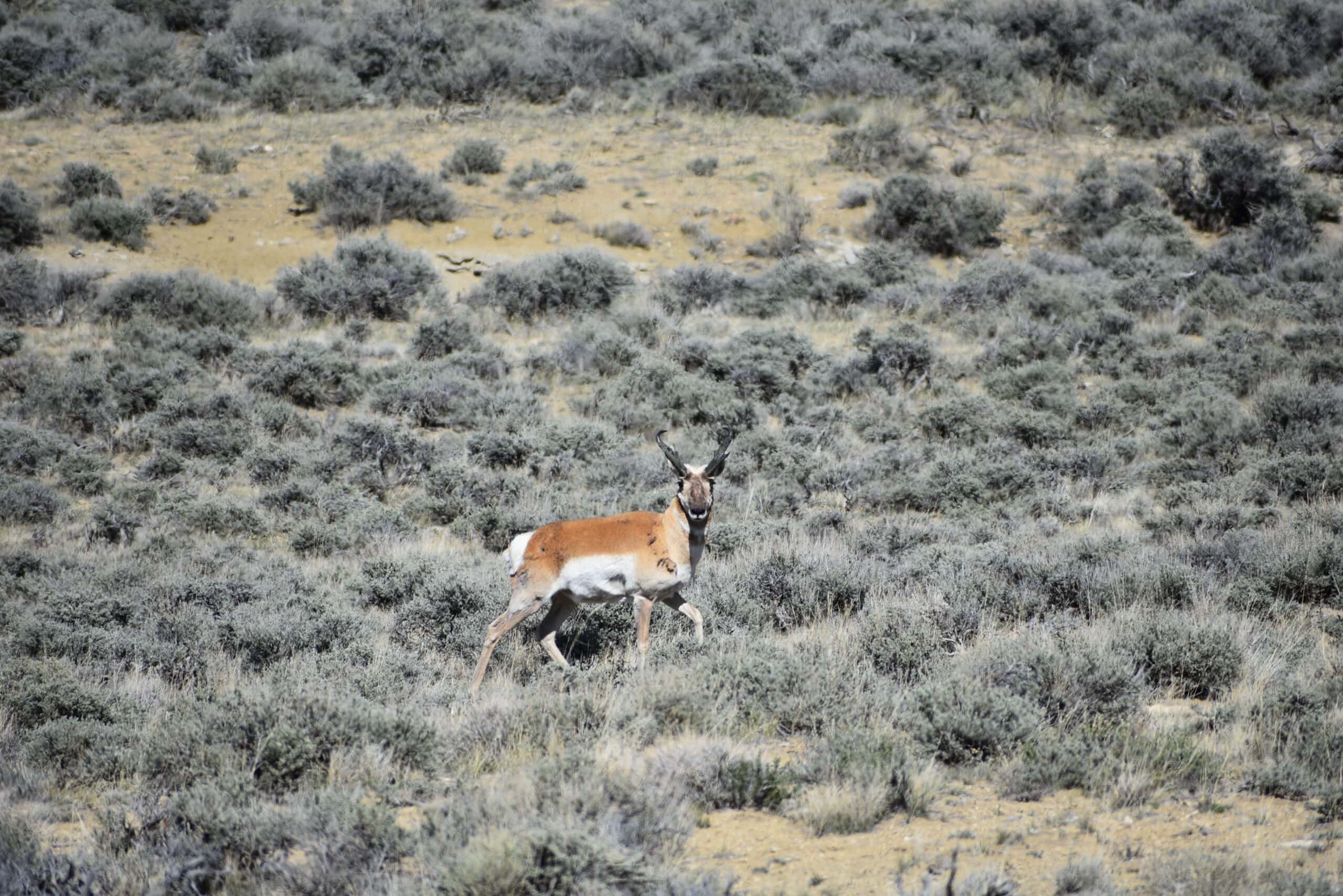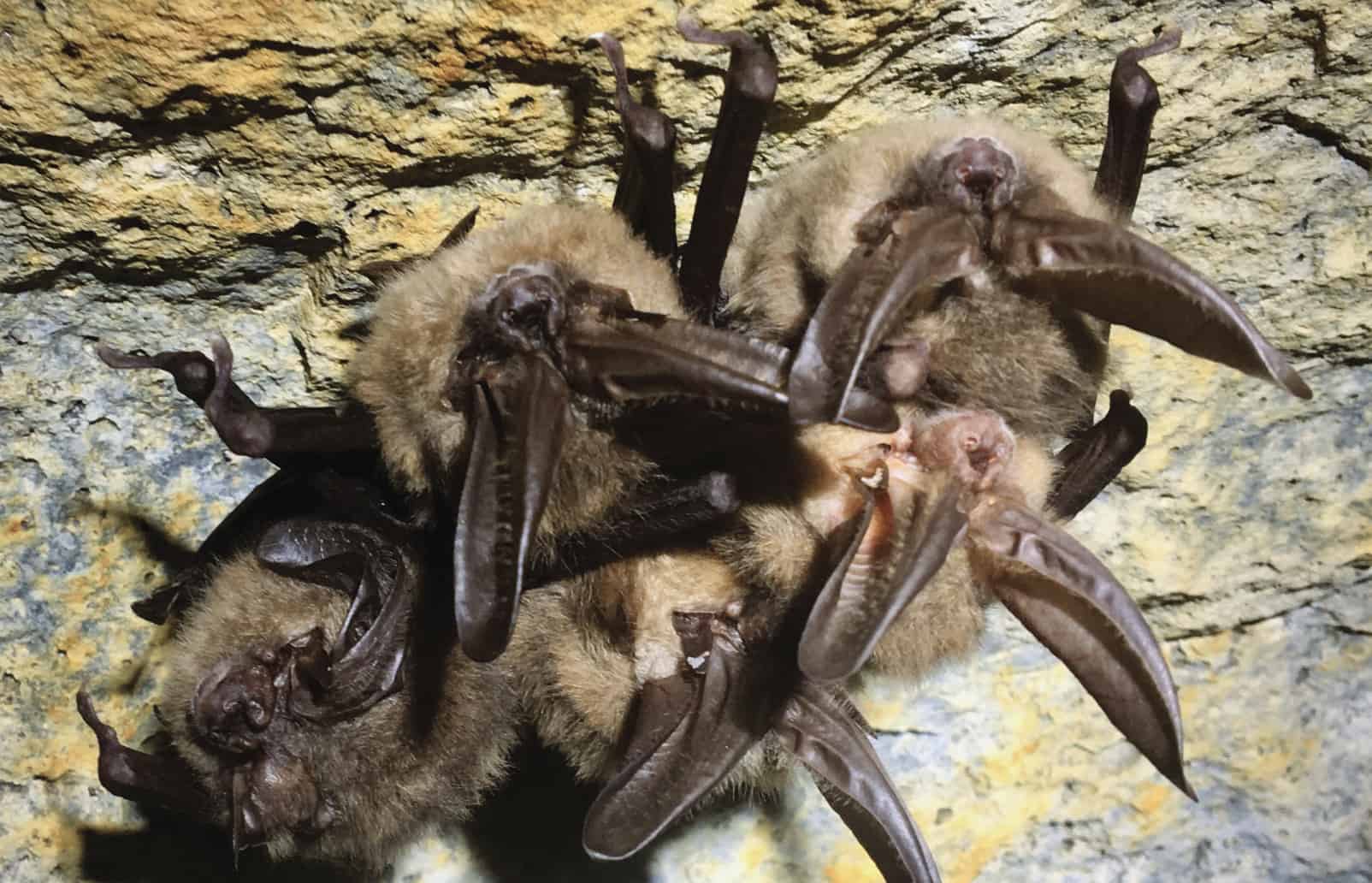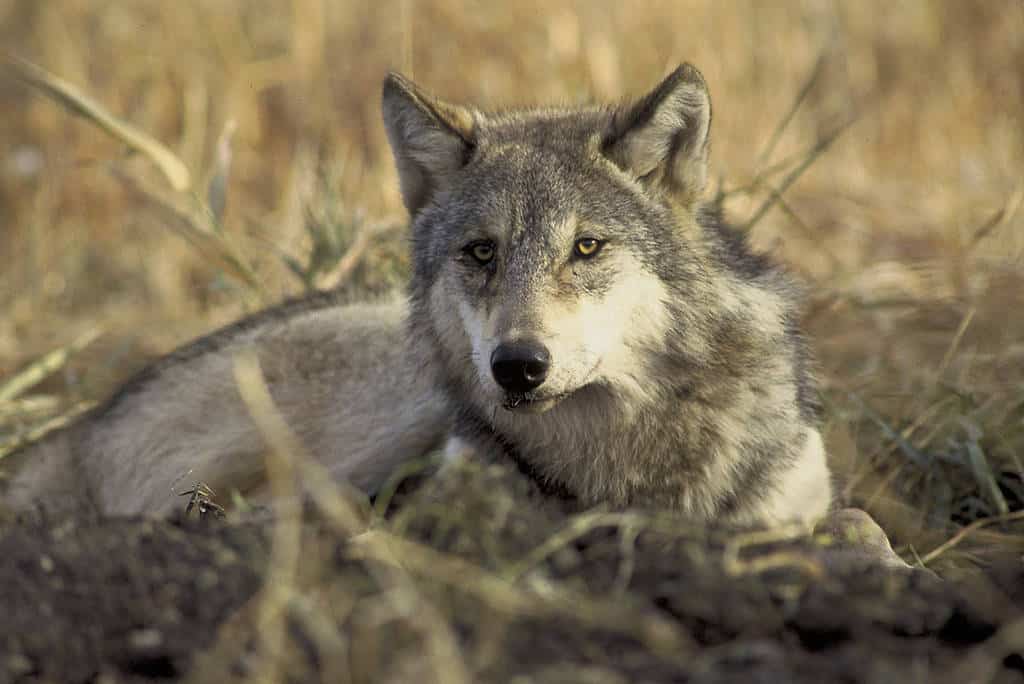Share this article
In Black Mammalogists Week, tackling inclusion in new taxa
After TWS member Rhiannon Kirton, became involved in Black Birders Week, she noticed a lot of conversations happening on Twitter. What caught her eye in particular was people’s interests in the representation of Black people in the field of mammalogy.
A Black female mammologist herself, studying white-tailed deer (Odocoileus virginianus) as a master’s student at the University of Western Ontario, Kirton was familiar with the lack of representation of people of color.
She and fellow mammalogists Rae-Wynn Grant and Christine Wilkinson got together to brainstorm what this week might look like. They then reached out to other colleagues in mammalogy to put together Black Mammalogists Week to follow up on the themes that emerged in Black Birders Week. They wanted to include panel discussions, information about technology and techniques, and social media takeovers, for people to learn more about the role that Black people play and can play in mammalogy. They even wanted to include giveaways to equip aspiring mammalogists.
Soon after she and her colleagues came up with the idea, Kirton emailed the American Society of Mammalogists and asked them if they wanted to be involved. It didn’t take long to get a yes.
“They answered in 10 minutes,” Kirton said. Organizers soon obtained other partners like the National Geographic Society and the Quality Deer Management Association to help them with panelists and giveaways.
Black Mammalogists Week started Sunday and will run through Saturday, Sept. 19. Each day, different organizers are in charge of different events. Throughout the week, Black wildlifers take over the Twitter accounts of the organizations like the National Geographic Society, RealScientists and Amy Pohler’s Smart Girls to share their personal stories.
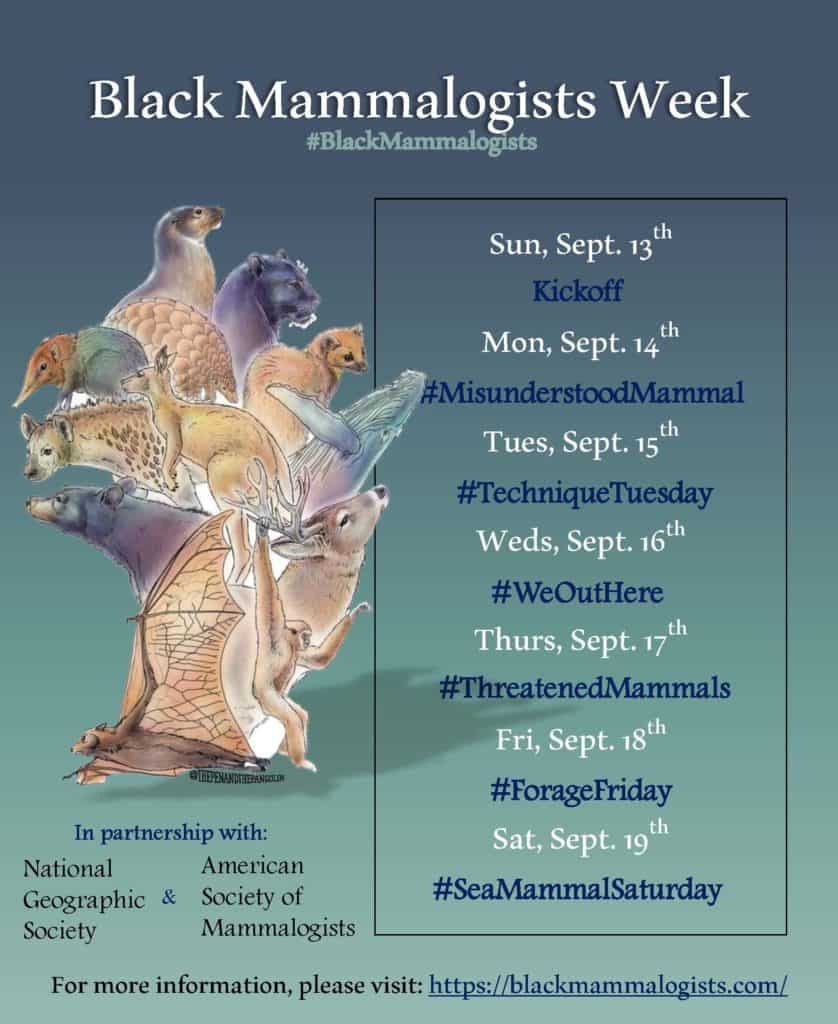
Each day of Black Mammalogists Week has a specific theme. Credit: Black Mammalogists Week
Each day also has a theme. On Misunderstood Mammal Monday, researchers and science communicators spoke out about myths about species the general public often perceives poorly.
Kirton helped organize Forage Friday’s event, a live panel discussion hosted by the Council to Advance Hunting and Shooting Sports and The Wildlife Society’s Hunting, Trapping and Conservation Working Group. She found Black hunters for the panel, even up in Canada.
“I was pretty stoked,” she said. “I wanted one from Canada, and I found one. He is a unicorn, but I found him.”
The hunters will talk about their experiences being Black while hunting. She also organized two black anglers, one from Canada and one from the U.S., to discuss their experiences as well as the contributions hunting and fishing bring to the North American Model of Conservation.
“I’m super excited to talk more with the hunting community and wildlife management community about the role of Black hunters, especially because hunting recruitment has been declining,” she said.
For her master’s degree, Kirton is studying spatial interactions between hunters and white-tailed deer, so she is especially keen on the topic. While she has not yet hunted herself, she said the platform has already provided her connections with Black hunters who can act as mentors. “It’s such a hard community to break into, and then there’s the added challenge of being different than the people already in the community,” she said.
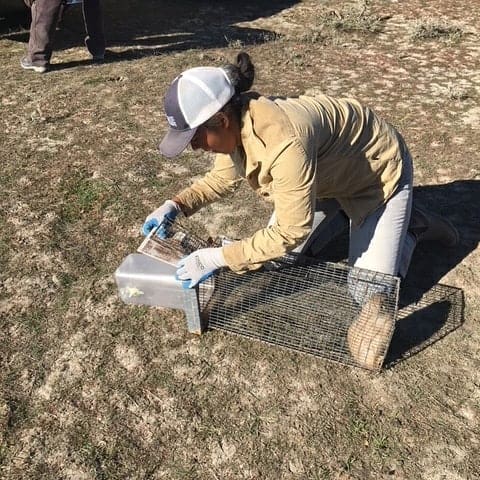
Kirton collects live traps for black-tailed prairie dogs (Cynomys ludovicianus), trying to get one into the tub for anesthesia as part of her work with the USFWS and American Prairie Reserve in summer 2018. Credit: Courtesy Rhiannon Kirton
The giveaways are geared to the scientific community, including memberships to associations and societies. Their dues can be a “big barrier to people joining STEM,” Kirton said, “especially field-based STEM disciplines like wildlife management.”
Her team is also providing a GoFundMe account that individuals can contribute to, which will eventually provide a scholarship to Black mammalogists to participate in professional development opportunities. They’re target is to hit $60,000 by the end of the week.
Kirton hopes this year’s Black Mammalogists Week lays the groundwork for future events.
“We’ve got really positive responses so far for the whole week,” she said. “We’re hoping we can get more societies on board with doing this sort of thing.”
Header Image: Black Mammalogists Week will take place from Sept. 13 to Sept. 19. Credit: Black Mammalogists Week



